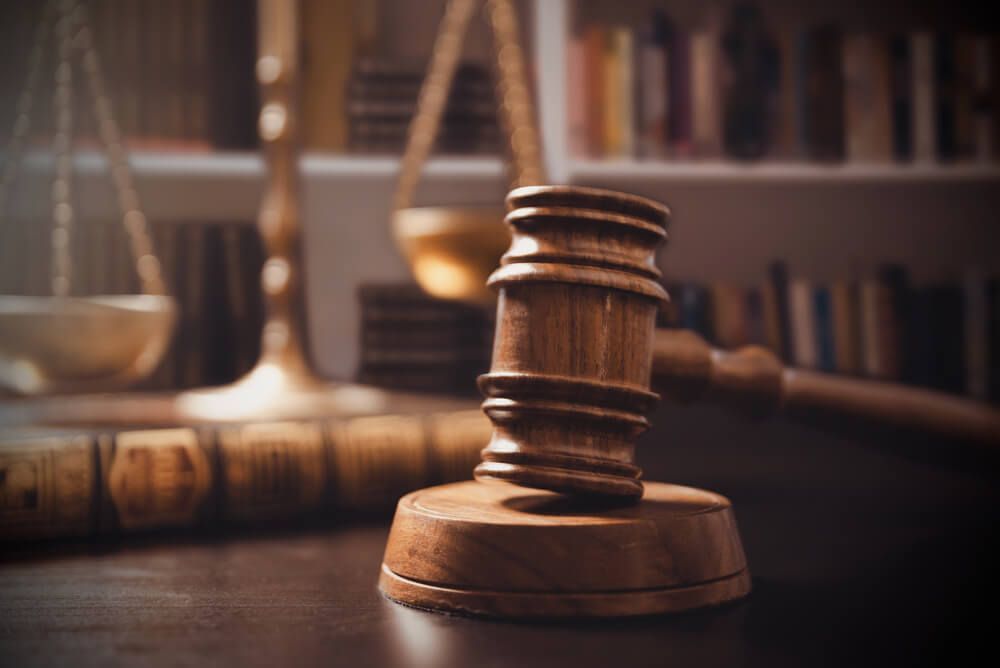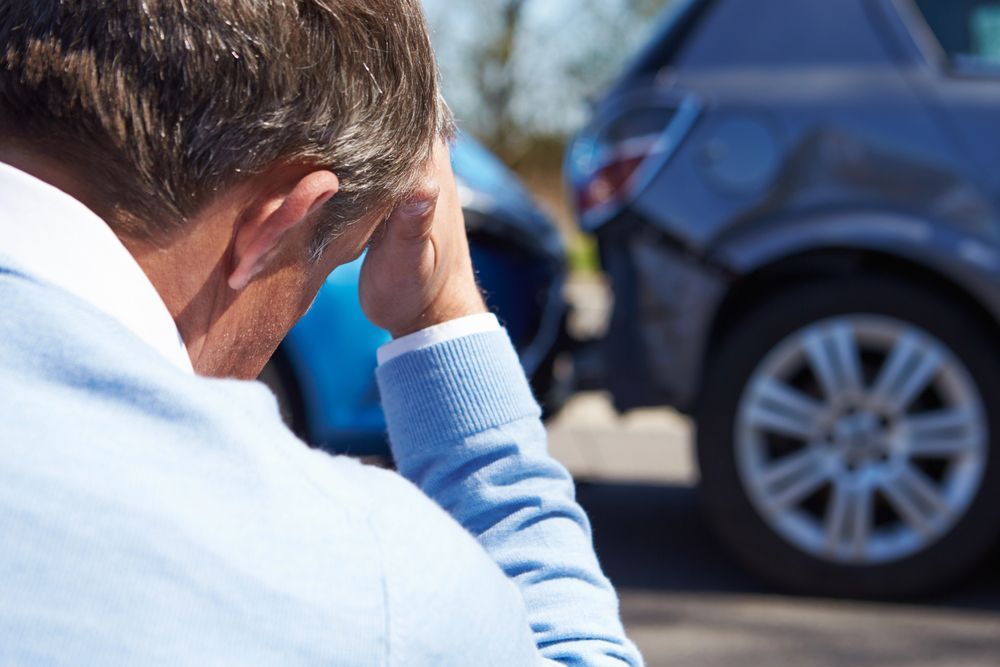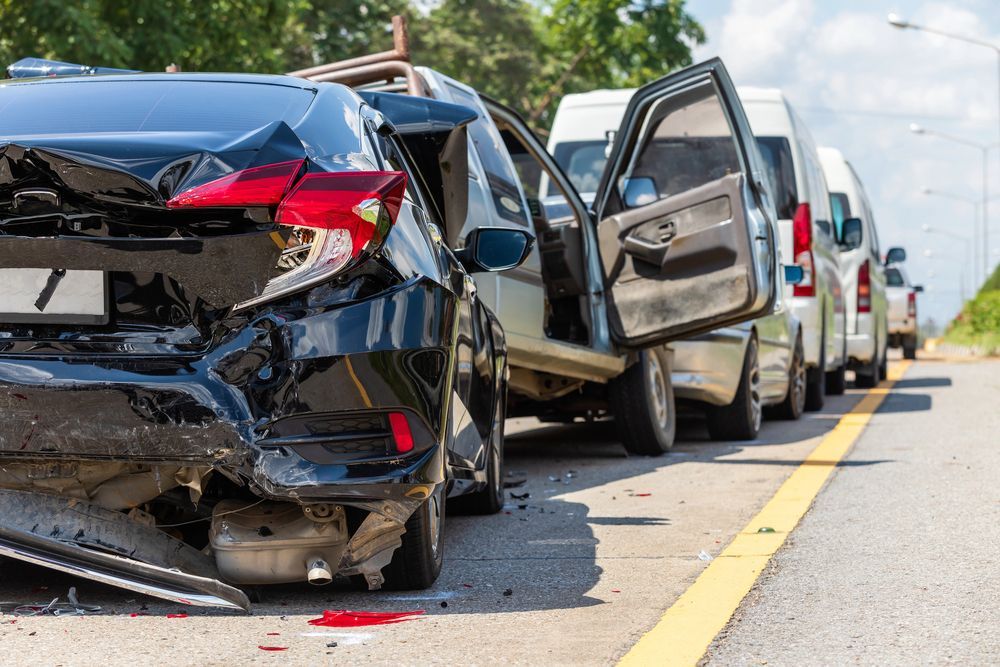Sargon Law Blog
Recent Blog Posts
Is California a No-Fault State for Car Accidents?
If you’re in a car accident in the Golden State, you may wonder if California is a no-fault state for car accidents, and who will pay for damages. One of the main factors that determines liability is whether you're in an at-fault or no-fault state. Let’s explore how the state determines fault, who pays for car accidents, and whether a no-fault accident goes on your record in California.
Who Determines Fault in an Auto Accident in California?

California operates under an “at-fault” system. This means the driver responsible for causing the accident is liable for the damages. This differs from no-fault states, where each driver’s insurance covers their own expenses regardless of fault. In California, fault is determined after a review of important items such as police reports, witness statements, traffic camera footage, damage assessments, and other forms of evidence.
Who Pays for a Car Accident in California?
Since California is an at-fault state, the driver who is found to be responsible for the accident must pay for the damages. This generally means their insurance company will cover the costs incurred by the victim, such as medical expenses and property damages.
California law requires all drivers to have liability insurance that can cover these costs. Drivers in California also have the option of purchasing Personal Injury Protection insurance, which can cover costs such as medical expenses and lost wages regardless of who was at fault. Since PIP insurance is optional, many drivers choose not to carry it. However, PIP insurance could be a great option to consider if you’re looking for more robust coverage.
Does a No-Fault Accident Go on Your Record in California?
All collisions reported by law enforcement to the Department of Motor Vehicles will appear on your driving record unless the reporting officer states that someone else was at fault.
Furthermore, unless there’s a police report indicating that you’re not at fault, any collision reported by you or another individual involved in the accident will appear on your driving record if the accident involved injuries, death or an excess of $1,000 in vehicle or property damage.
Is California a No-Fault State for Car Accidents?

No, California is not a no-fault state for car accidents. California is an at-fault state, meaning the driver responsible for causing the accident is liable for the damages. Drivers in California are therefore required to carry liability insurance. To further protect yourself, it may be beneficial to have PIP insurance as well, even though PIP insurance isn’t mandatory in California.
If you are involved in an accident, it’s important to document everything thoroughly and speak with an experienced Phoenix car crash attorney. If you need legal assistance after an accident, we are here to help.
Contact us at Sargon Law Group to schedule a free consultation with our injury lawyers in Phoenix, AZ. Our experienced team is dedicated to helping accident victims get the compensation they deserve. To help you focus on your recovery, we don’t charge any upfront fees for our services. We only get paid a percentage of the settlement or judgment that you win.





